
How an unlikely ally helped deliver the marijuana movement
Since legalisation, pot has remained divisive. Now, major companies are attempting to make it marketable to those who used to fear it.

Since legalisation, pot has remained divisive. Now, major companies are attempting to make it marketable to those who used to fear it.
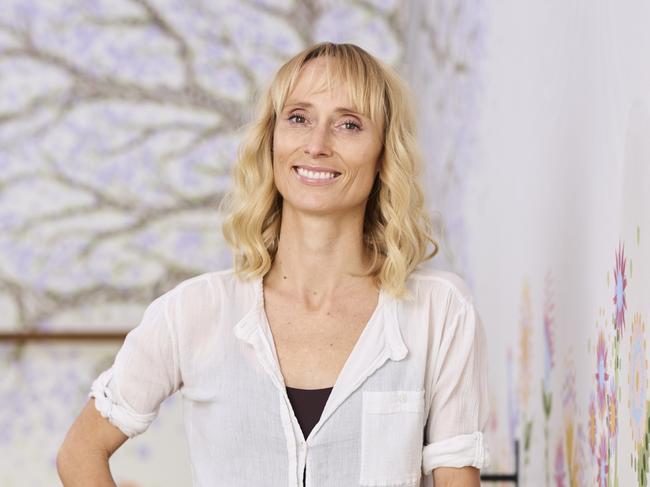
Partner of Australian rugby league Immortal Andrew Johns, Kate Kendall, had a positive experience using cannabis prescribed by her doctor. But while the battle for medicinal use has been won, why is the quest for full legalisation running out of puff?

It’s supposed to be a new world of empowerment for young women. How they are really feeling about life, sex and careers in 2024 may shock you.

The finding that the chemicals in many common products are associated with a wide range of health risks is ‘a red flag for the world’, a researcher said.
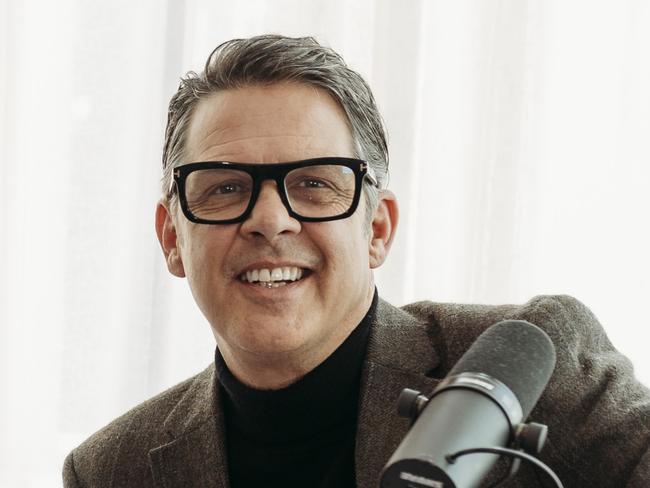
Those living with dementia are increasingly isolated from friends and family and left out of family and social gatherings, a new study finds.
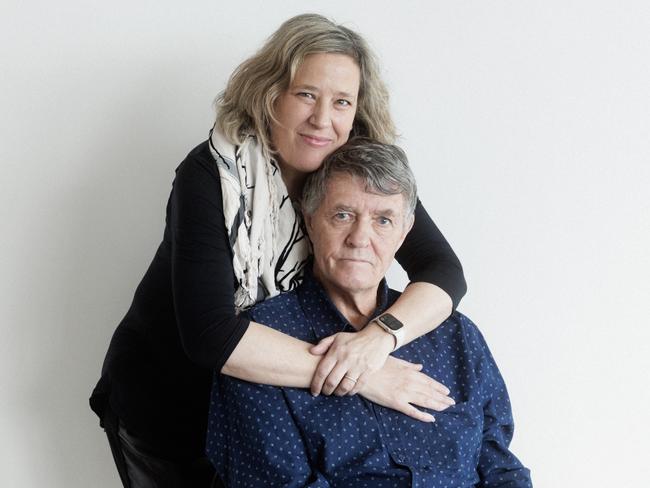
He blazed a trail in the Aussie snowfields before making ski tourism big in Japan. Today visionary businessman Colin Hackworth is not giving up on his legacy – despite a devastating diagnosis.

A rare condition could be treated with magic mushrooms, as an Australian study doubles down on the nation’s commitment to psychedelic medicine.
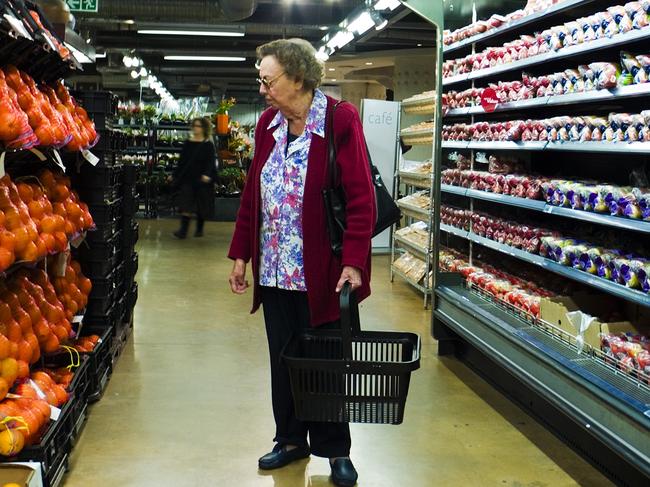
Scientists at UCLA have restored brain function lost to Alzheimer’s disease in what may prove a massive medical breakthrough.
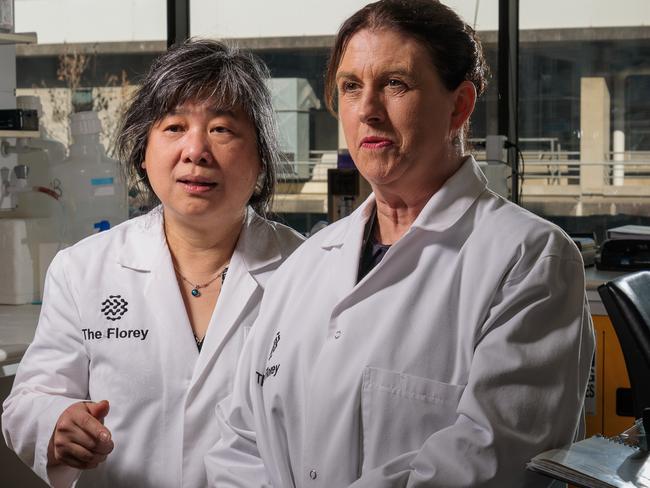
Medical experts have called for an overhaul of plastics regulation in Australia as growing evidence indicates that neuroendocrine-disrupting chemicals are linked with the development of autism.

Australian scientists are teaching cells in the body to fight brain cancer on their own, and hope to slash rates of recurrence in one of the most aggressive types of tumour.

Clinicians, brands and beauty experts are releasing potions, pills and programs to flip the script on this phase of life for women.
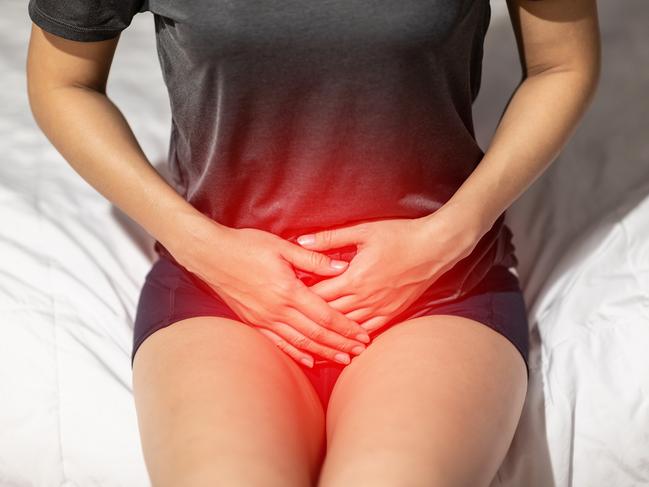
The nation’s medical leaders have united to call for the recognition of chronic urinary tract infection amid widespread evidence that thousands of women are being misdiagnosed and undertreated.
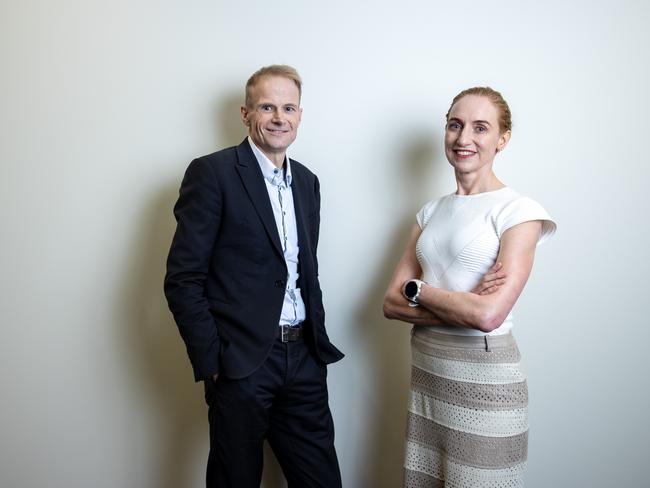
Richard Scolyer and Georgina Long faced the worst possible scenario when Richard was diagnosed with terminal brain cancer. The melanoma researchers fell back on their medical knowledge to make a brave decision.
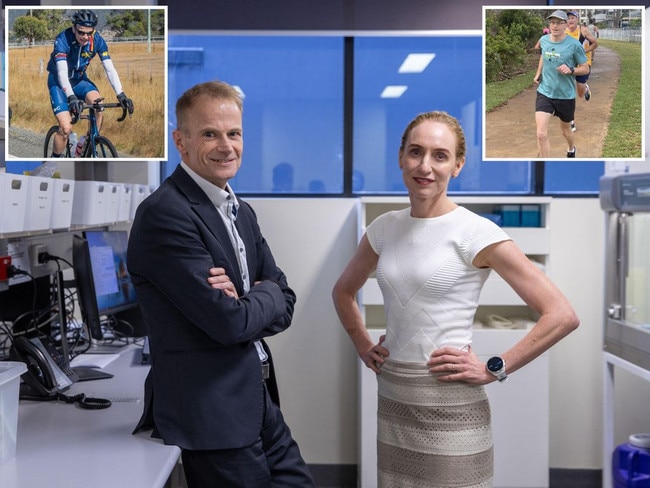
While most people diagnosed with a glioblastoma die within two years, joint Australian of the Year Richard Scolyer is training for an aquathlon and a duathlon, with no sign that his cancer has recurred.
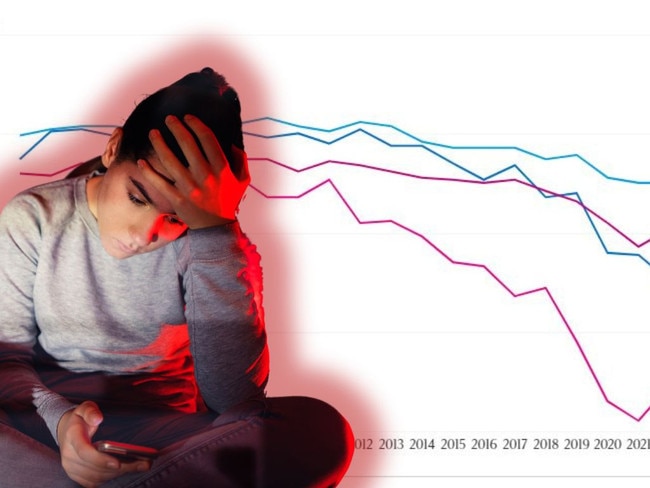
The start of last decade saw the beginning of two things – the rapid rise of social media platforms like Snapchat and Instagram, and the rapid fall in the mental health of young women. Coincidence?

High visceral fat levels in middle age shrink your brain and put you at high risk of dementia – so how can you reduce this dangerous fat?
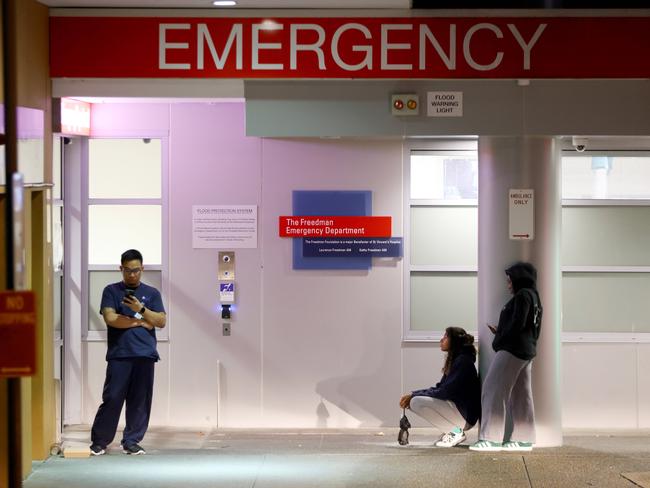
A simple change to the way antibiotics are given to patients with sepsis and could save thousands of lives, new research has found, promising a ‘game-changing’ approach to a common hospital killer.

A report on the exploding costs to patients and taxpayers of 30 medical conditions has found those who develop some diseases face a massive financial burden.

AFL players are hiding concussions because of a fear of missing games, with some even believing disclosing their head-knock symptoms could ultimately jeopardise their contracts, new survey reveals.

Exhaustion, erratic heartbeat, brain fog, pain: women aged 31 to 45 are contracting Long Covid in greater numbers than any other part of the population. Why?
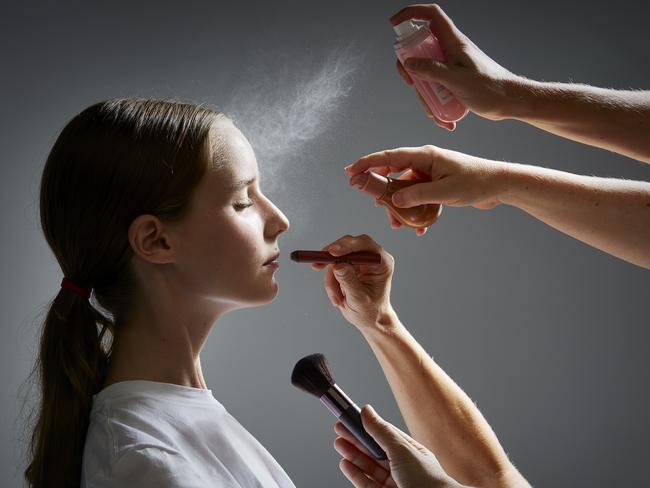
For the kids, it’s no longer about ordinary brands like Clearasil and Neutrogena. The soaring spend on beauty is driven by creams and sprays that cost $110 a pop. But is it doing more harm than good?
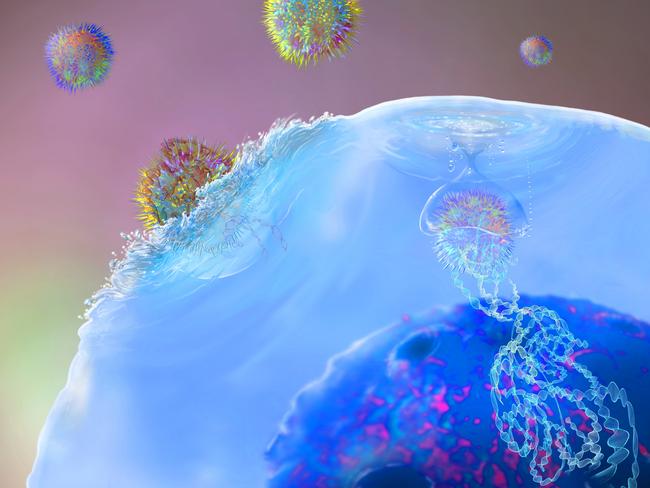
CAR T-cell therapy is a one-off treatment that has fewer side-effects than chemotherapy but currently suffers from very low efficacy rates on solid tumours.

Intervening earlier to improve brain health might help you stay sharper as you age.

Danger for women accelerates with hormone changes, researchers said.
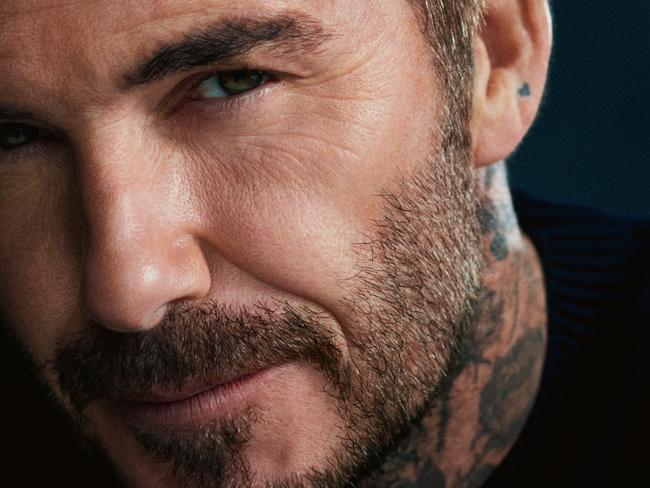
More men are choosing to enhance their appearance with hair transplants, veneers and tweakments, but are they willing to talk about it?

Scientists hail immunotherapy treatment which may provide alternative to mastectomies.

Australia has joined a worldwide project led by the Michael J Fox Foundation to radically accelerate the prevention of the condition affecting 220,000 Aussies.
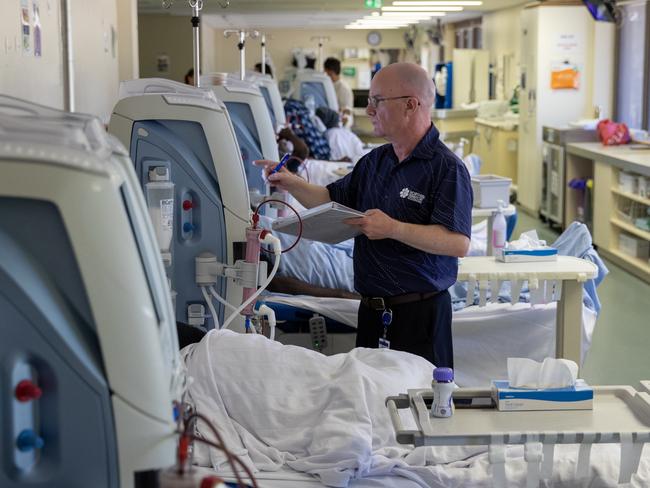
Australia is failing to ensure that new-generation drugs that could help prevent a devastating tide of diabetes complications are made available to the sickest in the country.
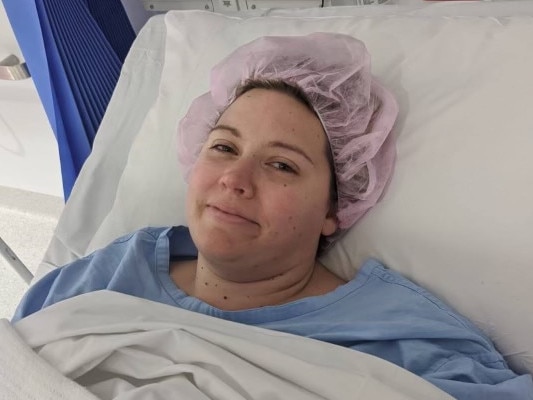
Vaccines would tailor cancer treatment to an individual, with researchers appealing for governments to take the financial burden off charities in the sector.

New research shows that 12 per cent of children in the outer suburbs develop asthma, compared with only 6 per cent in the inner city
Original URL: https://www.theaustralian.com.au/health/medical/page/12